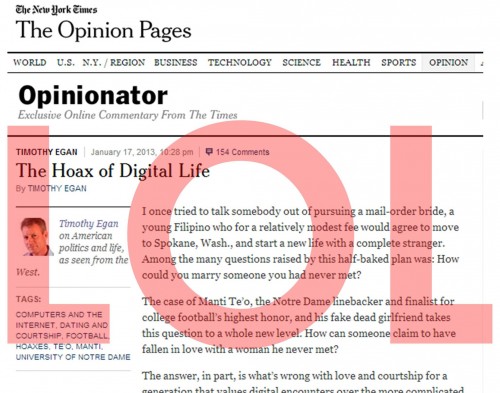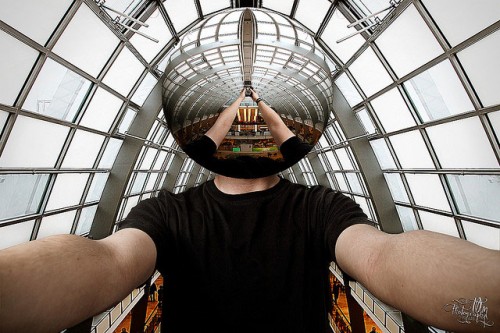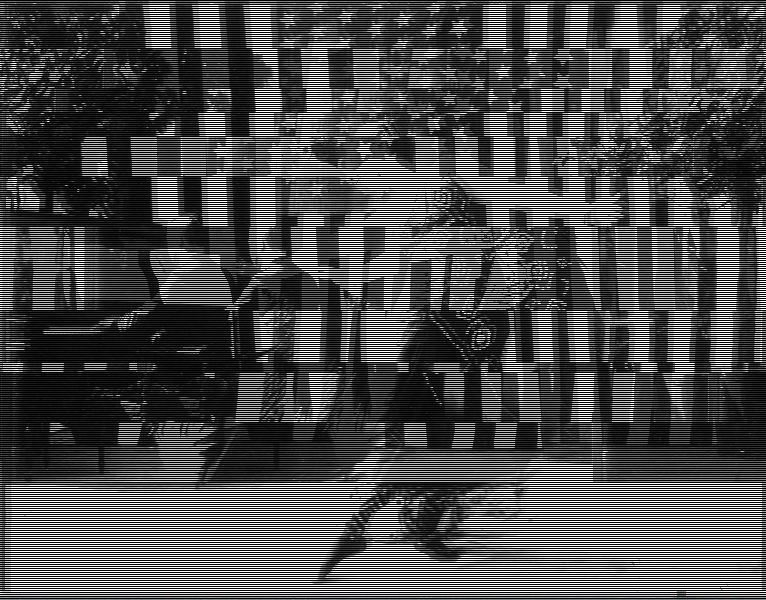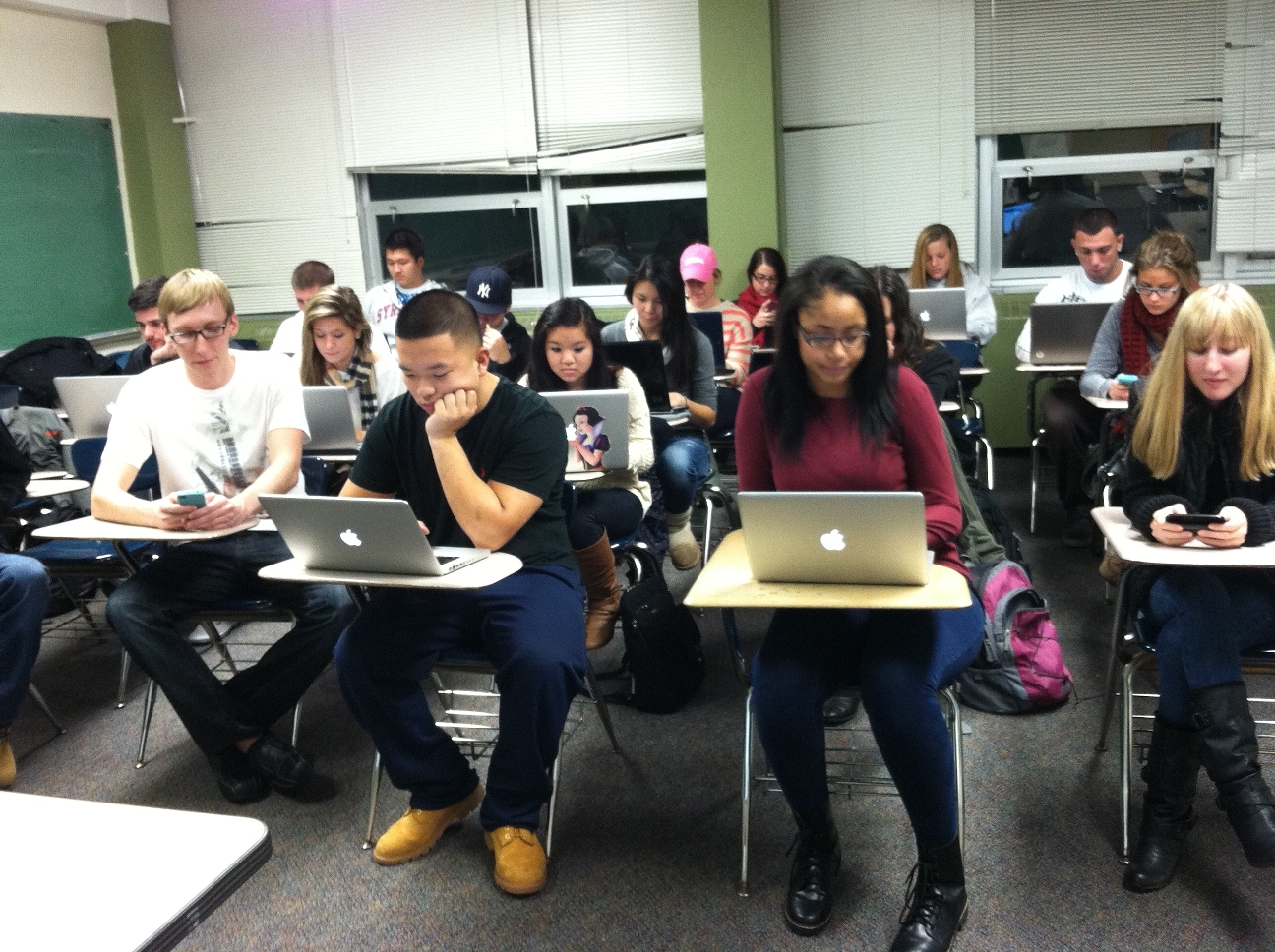
Just about every one of our contributing authors has written a piece that challenges or refutes the claims made by tech journalists, industry pundits, or fellow academics. Part of the problem is technological determinism- the notion that technology has a unidirectional impact on society. (i.e. Google makes us stupid, cell phones make us lonely.) Popular discussions of digital technologies take on a very particular flavor of technological determinism, wherein the author makes the claim that social activity on/in/through Friendster/New MySpace/ Google+/ Snapchat/ Bing is inherently separate from the physical world. Nathan Jurgenson has given a name to this fallacy: digital dualism. Ever since Nathan posted Digital dualism versus augmented reality I have been preoccupied with a singular question: where did this thinking come from? Its too pervasive and readily accepted as truth to be a trendy idea or even a generational divide. Every one of Cyborgology’s regular contributors (and some of our guest authors) hear digital dualist rhetoric coming from their students. The so-called “digital natives” lament their peers’ neglect of “the real world.” Digital dualism’s roots run deep and can be found at the very core of modern thought. Indeed, digital dualism seems to predate the very technologies that it inaccurately portrays. more...








